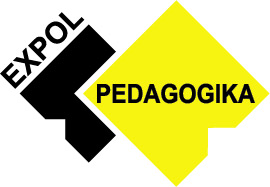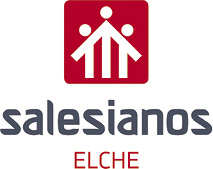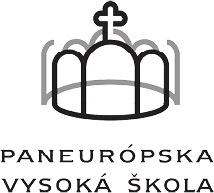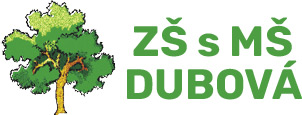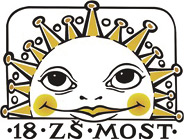Actualites
-
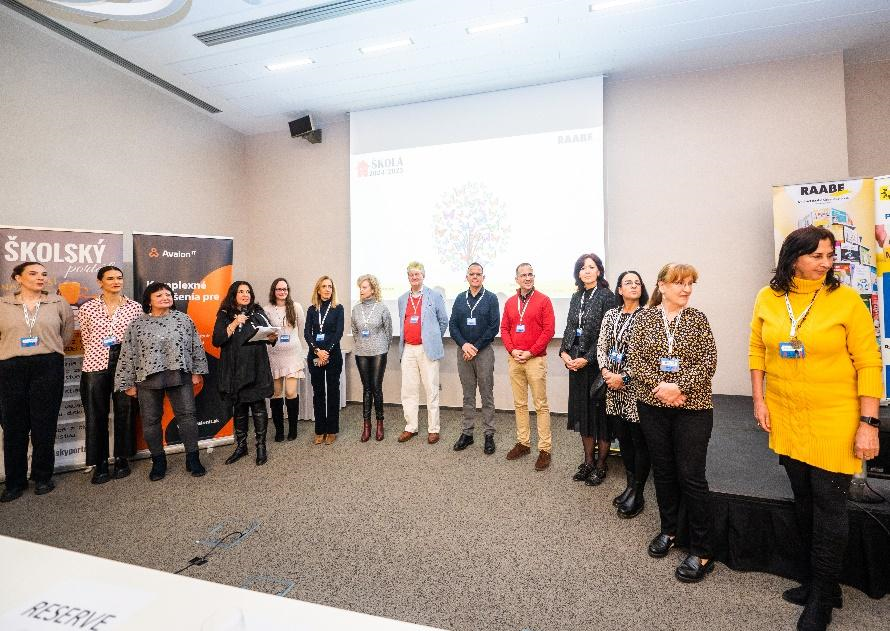
April 14, 2025
First meeting of project partners: Our vision and plans
To mitigate this gap, from November 1st, 2024, the Slovak publishing house Expol Pedagogika, in partnership with other partners, began implementing the international project PROWELL (Promoting Well-being and Mental Health for Primary Education Students and Teachers, through Innovative Prevention and Intervention Programs for Primary Schools).
The goal of our project is equip teachers with knowledge and skills on how to pay attention to CHILDREN’S MENTAL HEALTH in their lessons, develop the competences of teachers and students in various sectors related to this topic, learn to reflect on themselves, remain resilient, cope with uncertainty and complexity, support their physical and emotional well-being in and outside the school environment.
The target group of the PROWELL project is mainly children and teachers of primary and lower secondary education, school psychologists, special educators, educators and parents. The project is also aimed at school leaders and other teaching professions in the Czech Republic and Spain.
What are the planned outputs of the project?
The first output will be Preventive program for teaching and non-teaching staff
- online asynchronous training course via a platform that helps integrate prevention into their daily work
- help them recognize the symptoms of learned helplessness, identify risk factors, improve communication with students and parents
- create a safe and supportive environment, strengthen resilience
The second output will be Intervention program for teaching and non-teaching staff
- online asynchronous training course via a platform to address learned helplessness among students
- help them implement effective behavioral , collaborative , individual, group, social emotional, and other relevant interventions
The third output will be Resources for students
- worksheets in paper and interactive digital form to support primary schools in addressing learned helplessness among students
- support trained teaching and non-teaching staff in their work by applying methods of cooperation, individual and group work
The fourth output will be Online Platform
- an open multilingual educational resource with free access for all
Who are the project partners?
- Expol Pedagogika Ltd., Slovakia
- Miguel Hernandez University, Spain
- House Salesians of Elche , Spain
- Pan-European University, Slovakia
- Elementary school with kindergarten Dubova, Slovakia
- Private elementary school Karloveska, Slovakia
- Publishing house Joseph Raabe Ltd., Czech Republic
- Elementary school, Most, Czech Republic
First face-to-face meeting (F2F) of project partners
In December 2024, the 1st international, introductory meeting of the project partners was held.
The coordinator and organizer of the partnership meeting was the publishing house Expol Pedagogika. Representatives of all project partners from Slovakia, the Czech Republic and Spain attended the meeting. The content of the meeting was the introduction of individual partners, presentation of the project, familiarization with the project documentation and funding rules, launch of the implementation phase, general brainstorming on content, topics and structure, definition of responsibilities of all partners, monitoring of steps from the very beginning, determination of work teams, functioning of Google Drive and communication settings.
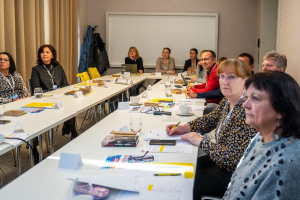
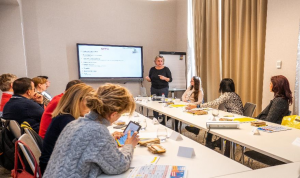
What are we planning next in the project?
In the following period, the Pan-European University SR in cooperation with Miguel Hernandez University in Spain and ZŠ Most in the Czech Republic have started working on RESEARCH, the topic of which is the socio-emotional health and well-being of students, behavioral patterns and motivation, competences of pedagogical and non-pedagogical staff to address learned helplessness, school inclusion policies and procedures. Questionnaires for school management, pedagogical and non-pedagogical staff, observation sheets for students will be developed. Subsequently, the data collection process from the 3 partner countries will be coordinated and monitored. Various assessments, research methods and techniques will be applied to extract findings. PEU will compile a research report, the results will be used for program development. Expol Pedagogika will prepare the PROWELL project platform.
Where can you find us?
More information about the PROWELL project and what is currently happening can be found on our official website and on our Facebook profile:
More info : https://prowell.expolpedagogika.sk/
Open -
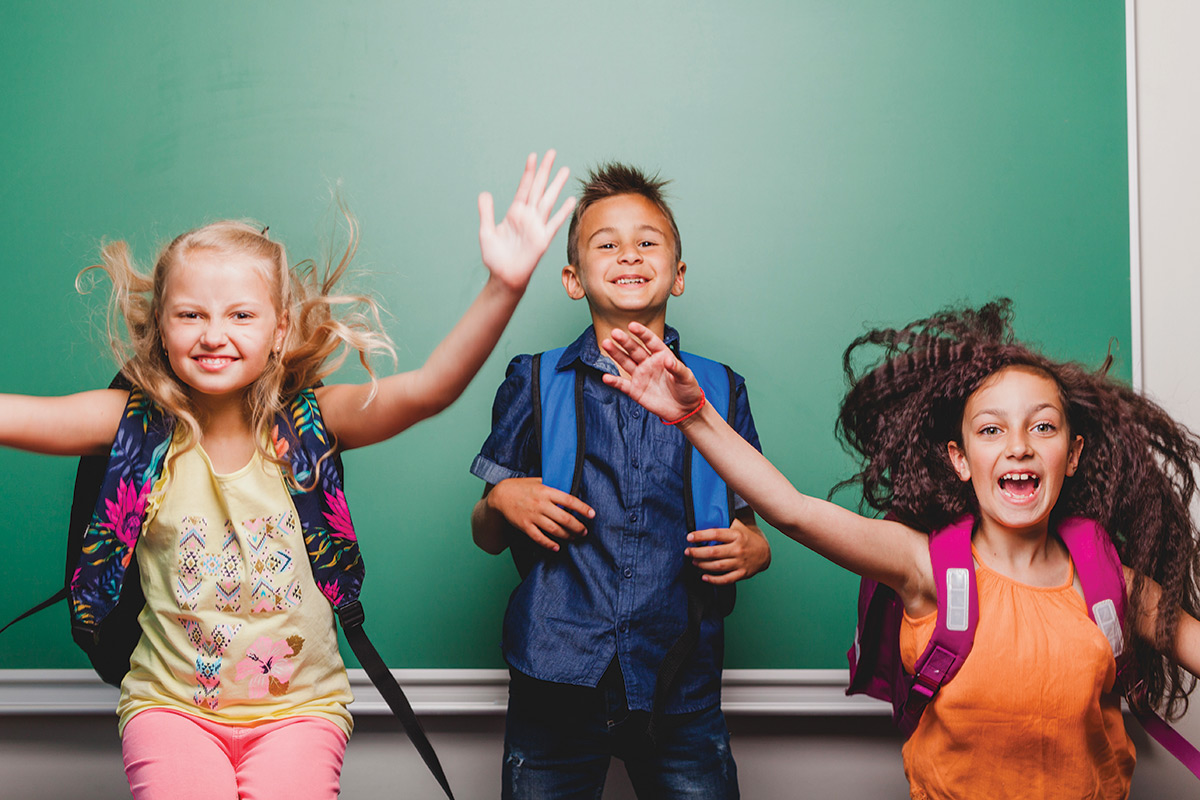
December 17, 2024
Let’s Put an End to the Learned Helplessness Syndrome
Do you teach children that everyone can succeed? How often do you let children experience the feeling of success? Do you show them that rewards for success can be as simple as a smile, praise, or a good feeling, and that mistakes and failures are a normal part of life? Do you help children discover their strengths as well as their weaknesses and teach them how to work with them? How do you work with children so they don’t give up, even after several unsuccessful attempts? And how successful are you in combating their helplessness, passivity, lack of interest, and bad moods?
The learned helplessness syndrome is a little-known psychological phenomenon in our region. It develops when multiple failed attempts are perceived as unchangeable, leading us to believe we are neither capable of nor worthy of success. We become convinced that any effort will not help us, so we give up. We stop being active, withdraw, and cease to progress. Helplessness manifests as passivity, lack of motivation, bad moods, disrupted interpersonal relationships, low self-esteem, and a poor self-image.
The learned helplessness syndrome also affects children with special educational needs (SEN), children from socially disadvantaged or unstimulating environments, and children with behavioral disorders. However, this issue can also impact children from excluded communities or underdeveloped regions, who then face generational poverty.
Many parents or teachers attribute children’s failures to laziness, unwillingness to learn, or lack of motivation. Some may believe the child genuinely lacks the talent or ability to overcome a given problem. Some educational counselors have even observed that children don’t try in school because they know that even with poor grades, they will be admitted to secondary schools due to a lack of students.
Today’s society pushes us toward perfection. Straight A’s, first places in competitions, excellent careers, lots of money, and big houses are all expected. By demanding perfection from others and ourselves, we put ourselves under constant stress. We feel we won’t be successful until we get another promotion, a bigger house, or become flawless. Children observe this and try to conform to the same model.
“Every one of us is an amazing human being. Let’s teach children that everyone can be successful. Let’s give them that feeling, even if they achieve something we consider a small accomplishment. Success can mean mastering something on the third try. The important thing is that we didn’t give up and eventually succeeded. Let’s show children that the reward for success can also be a smile, praise, or a good feeling and that mistakes and failures are part of life. Just as no one is perfect, everyone has their strengths. To create a healthy self-image, build self-esteem, and achieve life satisfaction, we must discover these strengths. Parents and teachers should be guides in this process, helping children identify both their strengths and weaknesses and teaching them how to work with them,” explains Mgr. Mira Bianchi Schrimpelová, CEO of EXPOL PEDAGOGIKA.
“Finding meaning is most prominent and significant during periods when a child or adolescent is seeking their identity, shaping their self-image, and understanding the world. They are discovering who they are. These milestones are crucial. If they find meaning in activities and in their lives, it paves the way to life satisfaction. Therefore, an important task for both parents and teachers is to show children the purpose of various activities and present them in a way that helps children understand why they matter, even if they aren’t the most attractive. Our goal is to create a program to overcome the barriers of learned helplessness for children aged 10–11, as research shows this age group is particularly critical today,” adds Mira Bianchi Schrimpelová.
About the Project
To address this gap, starting November 1, 2024, the publisher EXPOL PEDAGOGIKA in Bratislava, in partnership with internationally renowned universities in Slovakia and Spain and primary schools in the Czech Republic, Slovakia, and Spain, launched the international project PROWELL – promoting well-being and mental health for primary school pupils and teachers through innovative prevention and intervention programs for primary schools.
Objectives of the PROWELL Project
- Enhance teaching competencies for subjects/topics related to mental health.
- Increase knowledge of various resources and ideas for delivering education related to mental health.
- Improve the ability to teach subjects/topics related to mental health.
- Develop skills for understanding and implementing mental health practices.
- Initiate change in school life.
- Promote awareness in the field of mental health.
How Do We Plan to Achieve This?
- By creating both preventive and intervention programs in the form of materials for teachers and specialized pedagogical staff, as well as asynchronous digital education.
- By developing worksheets for pupils in both printed and interactive formats.
- By creating an online platform with verified programs for pedagogical and non-pedagogical staff.
What Do We Offer Schools?
- A regular newsletter with updates on the PROWELL project.
- Free access to materials and the online platform.
First Partner Meeting
The international project partners met for the first time in Bratislava during a professional conference for school directors and teachers titled SCHOOL 2024/2025 – Resilient School: How to Overcome Crises and Grow?
During the first working meeting, partners defined and specified the main priorities of the project, the timeline of activities, and the budget. The project will last 36 months, with the next working meeting scheduled online for April 2025.
Project Number: KA220-SCH-0815707E. This project is funded by the European Union’s Erasmus+ program. The European Commission’s support for the production of this publication does not constitute endorsement of the content, which reflects only the views of the authors, and the Commission cannot be held responsible for any use that may be made of the information contained herein.
Open


